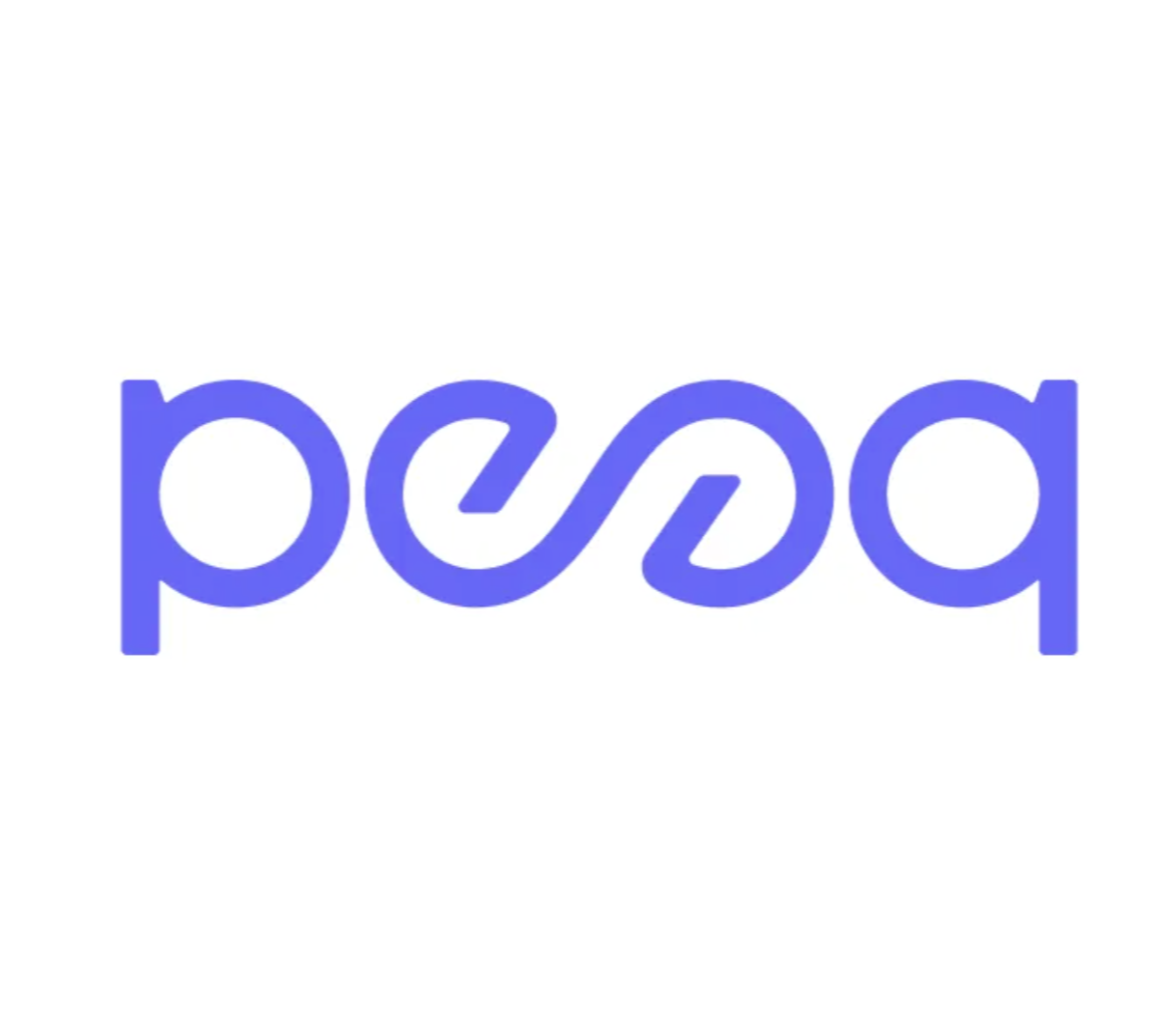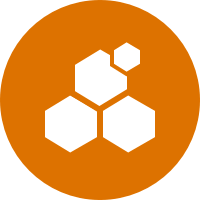The DePIN Explorer - DePIN Scan
Trending 🔥
DePIN Market Cap
$17,480,508,678
+3.5%
Volume
$6,012,249,047
-12.3%
DePIN Projects
320
DePIN Devices
26,945,231
+0.2%
DePIN Projects
DePIN Scan is the explorer for DePIN crypto projects. There are 320 DePIN Projects with a combined DePIN market cap of $17,480,508,678 and total DePIN devices of 26,945,231. Click into the projects below to learn how to start earning passive income today.
Project | Token | Category | Social Following | Market Cap | Token Price | 24h Trade VOL | 1D | 7D | 30D | Total Devices | Favorites | Last 7 days |
|---|---|---|---|---|---|---|---|---|---|---|---|---|
 | SOL | Chain | 2,983,977 | $77,186,217,718 | $149.17 | $3,295,634,535 | -3.8% | +6.9% | +7.9% | - | 20 | |
 | FIL | Server | 671,512 | $1,892,165,244 | $2.86 | $124,346,358 | -0.0% | +13.9% | -6.1% | 3,707 | 4 | |
 | HNT | Wireless | 215,970 | $765,067,839 | $4.21 | $21,525,457 | +0.8% | +20.6% | +29.2% | - | 7 | |
 | THETA | ServerAI | 272,081 | $748,627,216 | $0.7487 | $34,412,277 | +1.5% | +12.3% | -23.7% | 5,885 | 4 | |
.jpg) | GRASS | ComputeAI | 529,819 | $487,055,857 | $1.77 | $58,603,739 | -3.4% | +5.9% | +14.2% | - | 23 | |
 | AKT | ServerAI | 124,188 | $313,624,957 | $1.27 | $13,916,147 | -0.2% | +18.3% | -9.8% | 472 | 5 | |
 | ATH | Compute | 821,029 | $255,084,862 | $0.03007 | $19,149,130 | +0.8% | +9.1% | -15.8% | - | 4 | |
 | IOTX | Chain | 404,006 | $186,541,201 | $0.01976 | $10,665,453 | +1.4% | +10.7% | +6.1% | - | 58 | |
 | HONEY | SensorAI | 50,652 | $157,490,527 | $0.03783 | $9,849,851 | +22.5% | +48.1% | -6.0% | 8,037 | 0 | |
.jpg) | IO | ComputeAI | 512,187 | $134,649,494 | $0.8767 | $47,506,184 | +0.6% | +43.3% | -1.0% | - | 2 | |
 | PEAQ | Chain | 309,903 | $100,463,495 | $0.1318 | $5,176,445 | -4.0% | +3.0% | -7.8% | - | 12 | |
.svg) | MVL | SensorServices | 259,437 | $92,969,614 | $0.003515 | $1,256,259 | +0.9% | +3.8% | +10.1% | 45,930 | 0 |

3 days ago
CUDOS Intercloud Revolutionizes AI Deployment with One-Click TemplatesIn a significant advancement for distributed computing, CUDOS Intercloud has introduced one-click templates that simplify the deployment of AI applications. This innovative approach focuses on accessibility and usability, allowing developers to launch applications with minimal effort. By eliminating the traditional complexities associated with AI infrastructure, such as dependencies and vendor lock-ins, CUDOS Intercloud enables instant deployment without the need for KYC or sign-ups. Users can connect their digital wallets and get started in mere seconds, which is particularly beneficial for teams needing to iterate quickly in the fast-paced AI and Web3 landscapes.
The CUDOS Intercloud platform now boasts a diverse catalog of ready-to-launch applications tailored for various users, including AI developers and educators. Key offerings include JupyterLab for solo experimentation, JupyterHub for collaborative environments, and vLLM for serving large language models at scale. Additionally, tools like Ollama provide user-friendly interfaces for newcomers, while OpenManus showcases the potential of agentic AI assistants. These applications collectively form a robust foundation for a distributed AI-ready stack, enhancing accessibility and scalability for underfunded teams and global researchers.
Looking ahead, CUDOS Intercloud is committed to expanding its app catalog with more open-source tools and enterprise-ready solutions. The platform aims to deepen integrations with Web3 APIs and support smart contract-based resource provisioning. As the landscape of distributed applications evolves, the one-click templates will serve as a crucial interface between users and the underlying infrastructure, driving the growth of the AI economy. CUDOS Intercloud invites users to share ideas for future templates and features, fostering a collaborative environment for innovation in distributed computing.

3 days ago
Aethir Launches Batch 6 of Ecosystem Fund, Supporting Real-World Asset StartupsDecentralized cloud computing platform Aethir has launched Batch 6 of its $100 million Ecosystem Fund, expanding its support to include real-world asset (RWA) startups alongside its existing focus on AI agents. This initiative, announced on April 23, aims to integrate promising RWA projects into Aethir's decentralized cloud ecosystem by providing grants in the form of decentralized GPU cloud computing power. The fund has already supported over 25 AI-focused grantees, and the latest batch includes innovative projects such as Zoo Finance, Upside OS, and PinLink, which are set to enhance the intersection of traditional finance and digital markets.
The Ecosystem Fund operates by granting access to Aethir's extensive global GPU network, which boasts over 425,000 GPU containers and high-performance chips like NVIDIA H200s and GB200s. This model eliminates the need for expensive centralized infrastructure, allowing early-stage teams to scale applications that rely heavily on AI and RWAs. Aethir's aim with Batch 6 is to empower more founders to develop the next generation of applications that leverage decentralized computing, thereby fostering innovation in both the RWA and AI sectors.
The RWA sector is experiencing rapid growth, with on-chain assets already surpassing $20 billion and projections suggesting it could reach $500 billion by 2025, and potentially $30 trillion by 2030. This surge has given rise to new segments like "RWAfi," which merges RWAs with decentralized finance. Aethir is collaborating with projects such as Plume and GAIB to explore these opportunities, supporting the tokenization of computing infrastructure through initiatives like the RWAI Initiative and its GPU Tokenization Pilot on the BNB Chain.

3 days ago
AT&T Partners with Helium to Enhance Decentralized ConnectivityAT&T has announced its first foray into decentralized physical infrastructure (DePIN) through a partnership with Helium, enabling customers to access a network of user-powered WiFi hotspots. This collaboration, revealed on April 24, is seen as a significant advancement in Helium's mission to provide affordable and accessible connectivity. Helium operates a decentralized wireless network where individuals deploy low-power devices called Hotspots, functioning as miniature cell towers and offering wireless coverage in exchange for token-based rewards. Currently, Helium boasts over 93,500 active Hotspots, primarily in the United States.
The partnership allows AT&T to leverage Helium's hotspot coverage via Passpoint integration, a WiFi authentication protocol that facilitates automatic and secure connections to participating hotspots. This integration enhances user connectivity, especially in areas with weak mobile signals, while allowing AT&T to expand its service footprint without the need for additional infrastructure. For Helium, this partnership increases the utility of its network and raises its profile among mainstream users. Additionally, AT&T gains access to real-time network quality metrics, providing valuable insights into performance across decentralized nodes, a level of transparency often lacking in traditional infrastructure models.
This collaboration is a notable milestone for the DePIN movement, but it is not Helium's first engagement with the telecom sector. Previously, Helium partnered with Telefónica's Movistar in Mexico, integrating its network to support connectivity for over 2.3 million subscribers. Furthermore, Helium has been enhancing its technology stack to promote broader adoption, including a licensing program for hardware manufacturers. The launch of Helium Mobile's Zero Plan in February 2025, which offers free data and talk time by utilizing Helium's decentralized network alongside T-Mobile's 5G service, marks another significant step forward for the project.

3 days ago
Spexi Geospatial Launches LayerDrone FoundationSpexi Geospatial Launches LayerDrone Foundation
Spexi Geospatial is launching the LayerDrone Foundation and its decentralized network to encourage a community of amateur drone pilots to capture ultra-high resolution Earth imagery. The company has already seen success with its reward-driven pilots capturing over 10 million images across 2.3 million acres of Earth. The LayerDrone Network aims to further incentivize pilots by enabling next-generation spatial AI applications, from disaster response to autonomous vehicle training. CEO Bill Lakeland highlighted the platform's efficiency, capturing data at 900 times more resolution than satellites and 50 times more cost-effective than traditional methods.
COO Alec Wilson emphasized the scale of the initiative, with over 100,000 missions flown and entire cities captured using off-the-shelf drones. The foundation's launch coincides with the increasing demand for high-resolution spatial data, essential for AI and autonomous systems that require precise visual understanding of the physical world.
Signup for latest DePIN news and updates





.png)


.jpeg)
